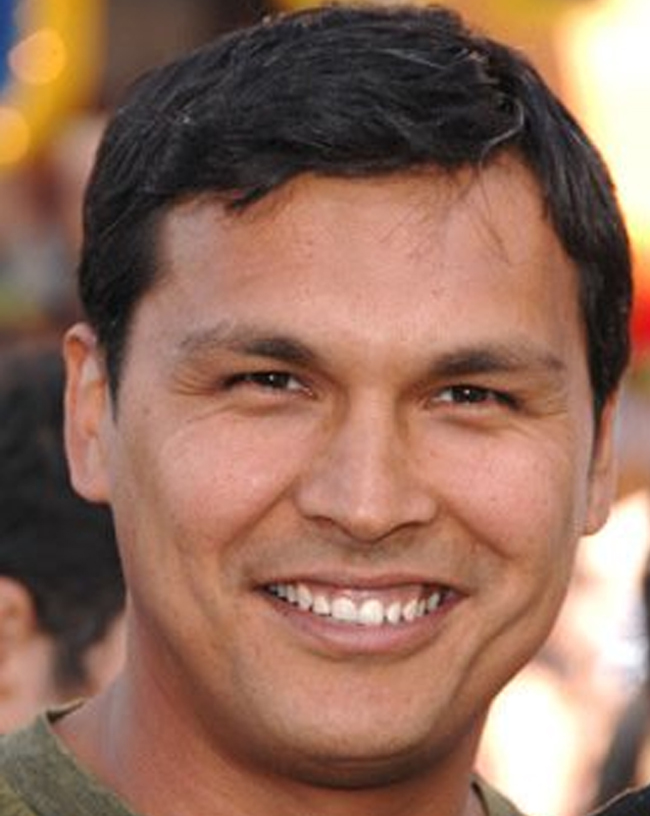Canada’s skilled workforce must include First Nations people

By Kelly J. Lendsay
TORONTO — The Aboriginal Human Resource Council is calling all corporations in Canada to unite in support of each other, the need for foreign workers, and the need to advance a skilled and local workforce that includes First Nations, Métis and Inuit people — Canada’s youngest and fastest growing population. Aboriginal people, a Canadian labour market solution that will help bring resolve to our country’s skills shortage, has surprisingly been a missed element in the many media reports that have been filed recently about foreign workers and a skills shortage.
As Canada emerges from the economic downturn and baby boomers retire, the need increases for effective homegrown labour market solutions and foreign workers. There is not a “cookie cutter” solution that will resolve the labour needs of employers or address current unemployment issues in Canada, including the country’s despairing Indigenous employment and education gap.
Economists agree that our single greatest challenge over the next 50 years is human capital, and by 2017 we will be in a net negative labour market growth rate. Smart corporations will tap into the fast growing Aboriginal labour market by positioning their company as an employer-of-choice for Aboriginal talent, and Canada globally, as a country-of-choice for foreign talent.
At Inclusion Works ’13, Canada’s fifth annual and largest Indigenous inclusion event and recruitment fair, over 83 corporations and government organizations from within our Leadership Circle employer partner group, will come together with the Aboriginal community, April 29-May 1 in Saskatoon to help close this gap.
These employers and members of the Aboriginal community, along with many keynote thought leaders (i.e., Peter Mansbridge, Adam Beach, National Chief Shawn Atleo), will collectively share pains and gains, missed attempts and promising practices, to help each other solve skilled worker shortages and advance Indigenous employment through workplace inclusion.
Many Leadership Circle partners will also participate in a recruitment fair and interview/hire post-secondary Aboriginal grads that are being brought to the event, expenses paid, from across Canada.
As the council celebrates its 15th anniversary this year as a thriving national non-profit social enterprise with reach in each province and territory, we acknowledge two of our longest serving alumni corporations, Syncrude Canada Ltd. and RBC Royal Bank, for the unwavering leadership they have demonstrated within the council that has helped open employment and economic development opportunities for Indigenous people in workplaces across Canada. Without the leadership of these two companies, and the many progressive companies that are committed to social and economic inclusion, the business case for Indigenous inclusion, and the dream of an independent and rewarding life/career for many Aboriginal people would not be possible.
- Syncrude’s direct workforce is comprised of nearly nine per cent self-declared Aboriginal employees, making it one of Canada’s largest employers of Aboriginal people – many representing a second-generation of employees that are choosing to work for the company. The company also recognizes the importance and positive impact of doing business with Aboriginal communities and, since it began keeping track in 1992, investment with Aboriginal-owned companies has totalled more than $1.7 billion.
- RBC strongly values the partnerships it has built with the Aboriginal community since 1910. The bank supports Aboriginal education and rewards accomplished outcomes with meaningful work, and its business case for Indigenous inclusion within four areas: access to banking services, community and social development, employment/education/training, and procurement opportunities for businesses that want to partner with the bank.
We are awakening employers and asking them to reach out to the untapped and powerful potential of First Nations, Métis and Inuit workers and businesses. Corporate leaders in our Leadership Circle partner group are leading the charge, and they invite all employers in Canada to join their community-of-practice, designed to help address challenges in building inclusive workplaces through good ROI — return on inclusion, investment and integrity.
Indigenous people in Canada also need to work together to harness our workforce potential, and build inclusive partnerships with Aboriginal and non-Aboriginal workers, corporations and organizations across Canada. We have a responsibility to our communities, our people and to employers, to better organize our workforce models to create economies of scale and transaction. To advance collaborative and effective partnerships the theme of Inclusion Works ’13: Formula for Success, will facilitate dialogue and understanding between the Aboriginal and non-Aboriginal communities in Canada.
The Aboriginal Human Resource Council was formed in 1998 following the release of Royal Commission on Aboriginal Peoples Report in 1996. Today, as a thriving national social enterprise, and a national public-private partnership success story, the Canadian-based organization has helped facilitate career opportunities for thousands of Aboriginal people, while advancing the social and economic inclusion of Aboriginal Peoples in Canada and Indigenous Peoples around the world. Visit aboriginalhr.ca to learn more about the council and Indigenous workplace inclusion.
Kelly J. Lendsay is President & CEO, Aboriginal Human Resource Council


